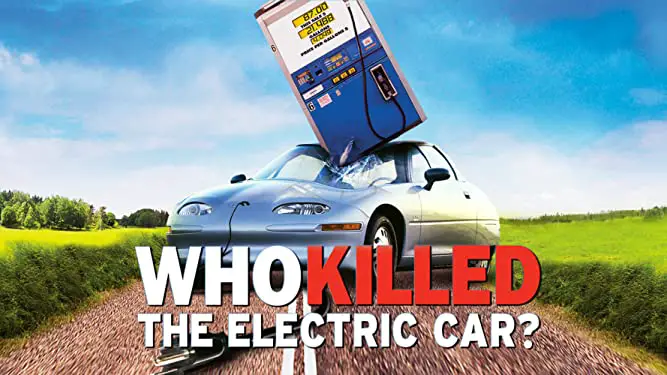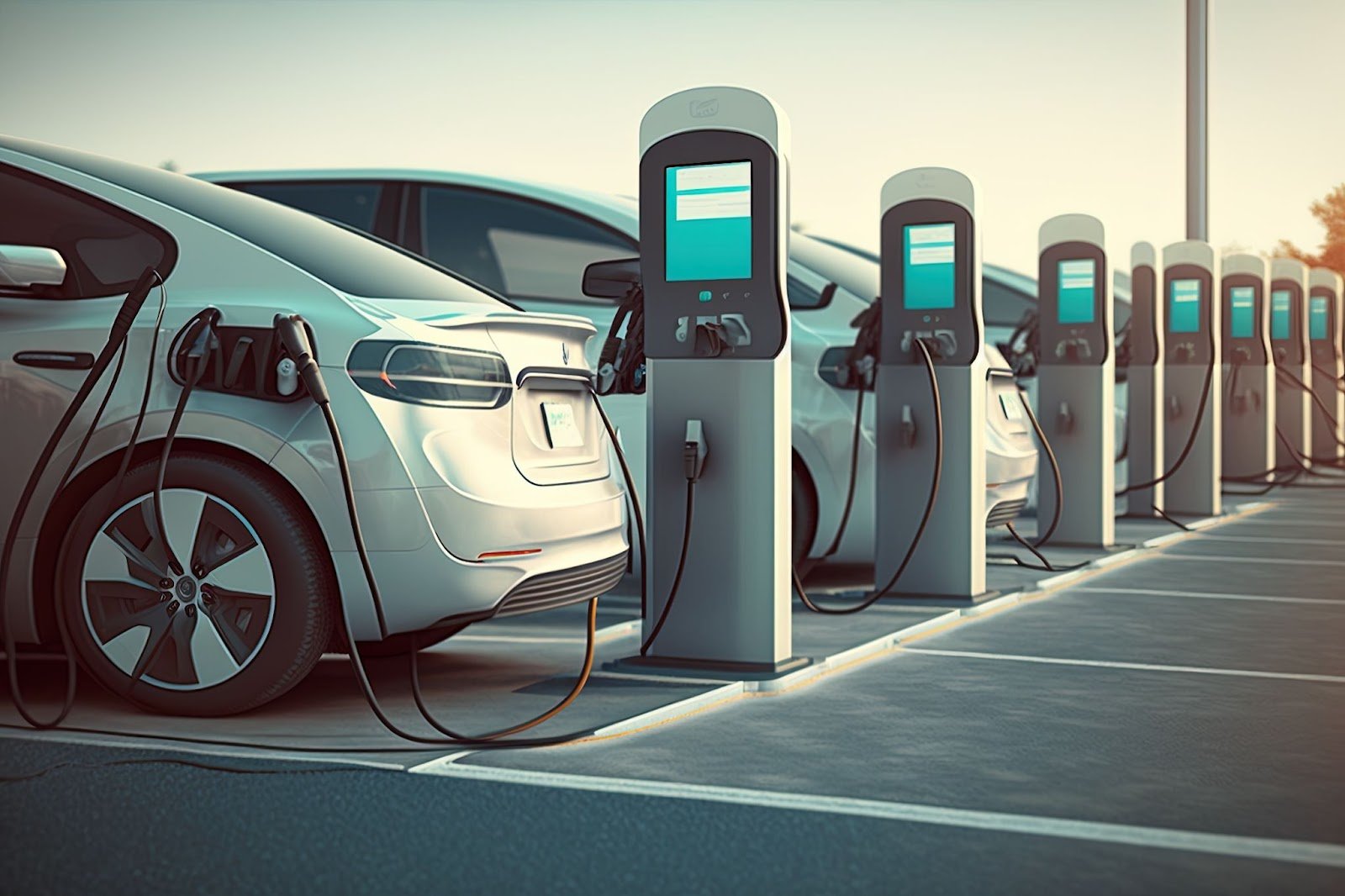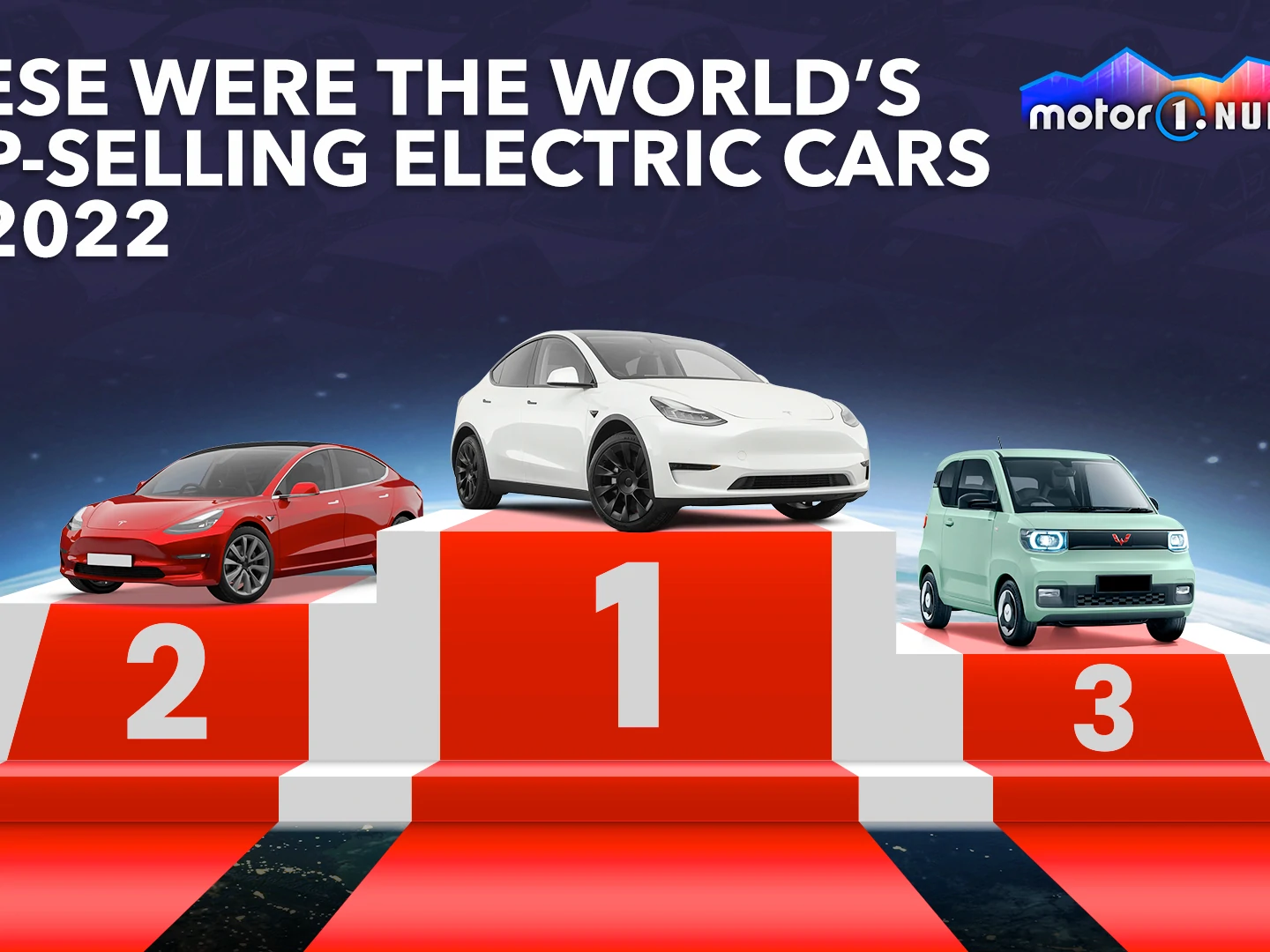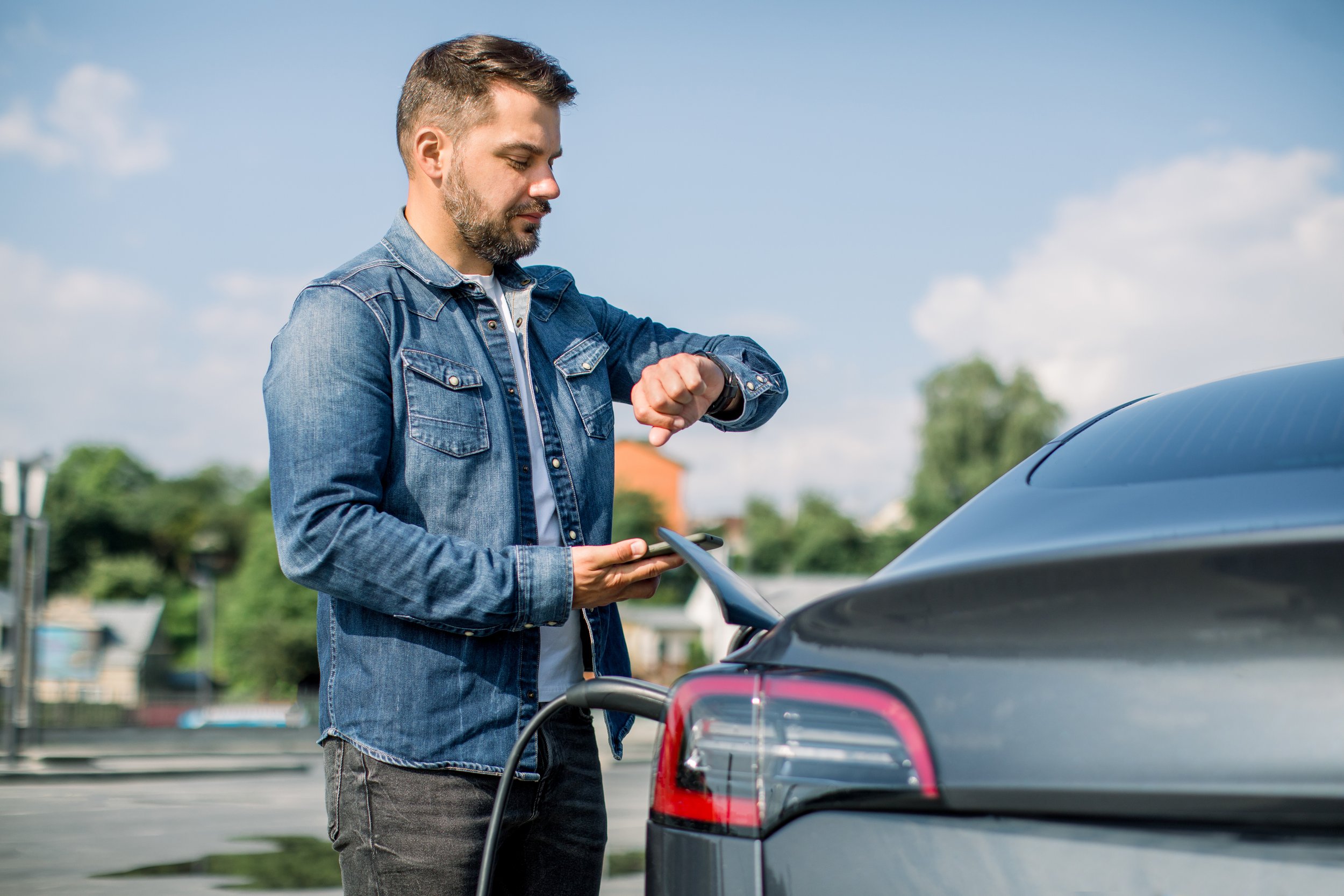Electric cars are vehicles powered by electric motors, using electricity stored in rechargeable batteries. They are eco-friendly and energy-efficient transportation options.
Electric cars have gained popularity in recent years due to their lower emissions and reduced reliance on fossil fuels. This technology has advanced significantly, with many automakers offering a variety of models to suit different needs and preferences. As the world shifts towards sustainability and green initiatives, electric cars are playing a crucial role in reducing carbon footprints and promoting a cleaner environment.
Their quiet operation and lower maintenance costs also make them an attractive choice for many consumers.

Credit: afdc.energy.gov
Contents
The Rise Of Electric Cars
Electric cars have revolutionized the automotive industry, offering a sustainable and eco-friendly alternative to traditional gasoline vehicles. With advancements in technology and a growing emphasis on environmental consciousness, the rise of electric cars has been remarkable.
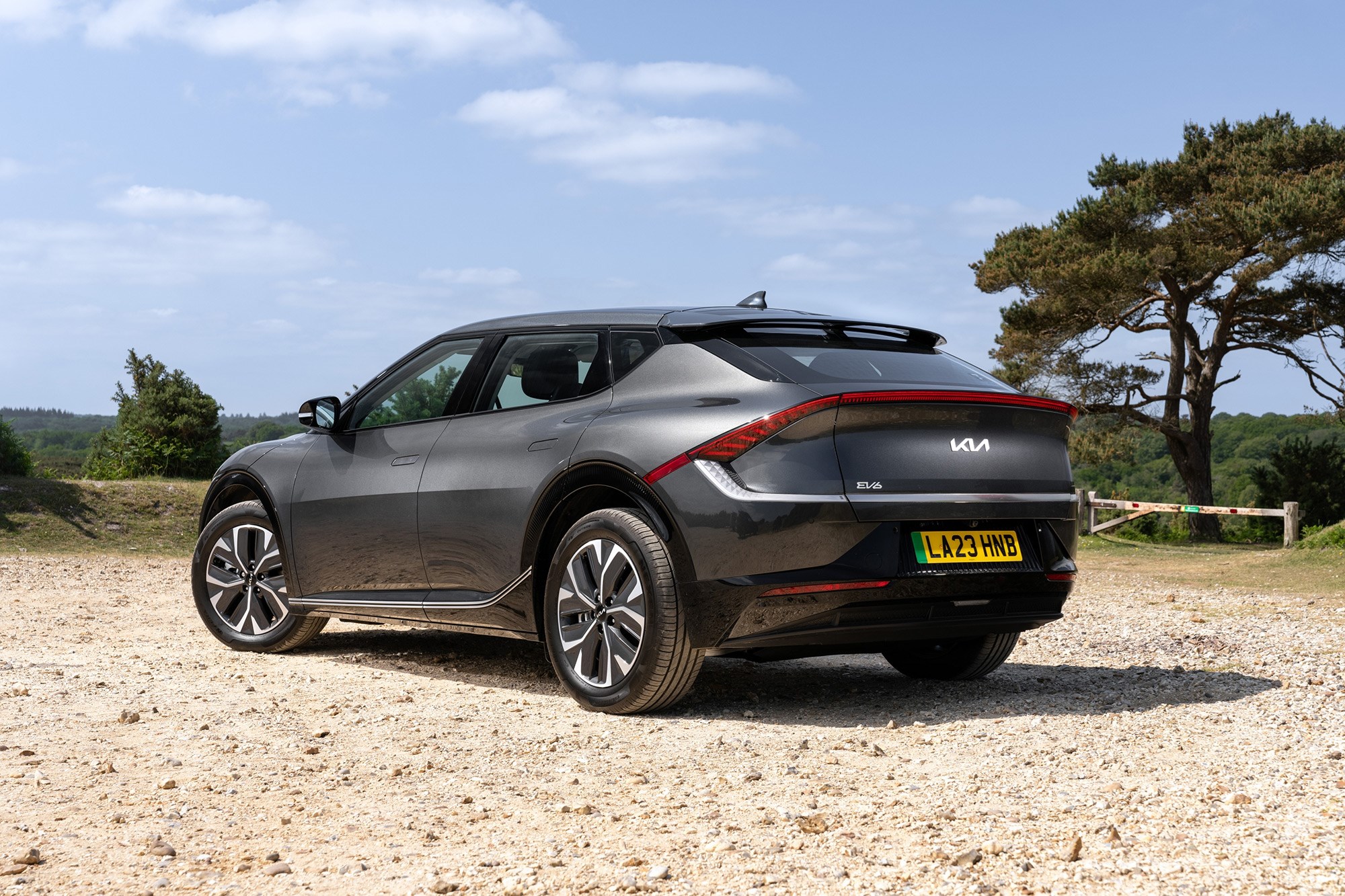
Milestones In Ev Development
The development of electric vehicles (EVs) has witnessed significant milestones, marking their evolution from concept to practical transportation options. Notable advancements include:
- Introduction of the first mass-produced electric car
- Enhancements in battery technology for improved range
- Expansion of charging infrastructure
- Integration of autonomous driving features in electric vehicles
Comparative Growth Against Traditional Vehicles
Electric cars have experienced exponential growth in recent years, outpacing the traditional vehicle market in several aspects. This comparative growth is evident in:
- Increase in global electric car sales
- Rapid expansion of electric vehicle models and offerings
- Advancements in battery efficiency and cost-effectiveness
- Improvement in charging infrastructure and accessibility
Environmental Impacts And Benefits
Electric cars have become increasingly popular in recent years, and for good reason. They offer numerous environmental benefits over traditional gas-powered vehicles. In this section, we will explore some of the major environmental impacts and benefits of electric cars.
Emissions And Air Quality
One of the biggest advantages of electric cars is that they produce zero emissions. This means that they do not emit harmful pollutants into the air, which can have a significant impact on air quality and public health. In contrast, traditional gas-powered vehicles release a range of pollutants, such as carbon monoxide, nitrogen oxides, and particulate matter, which contribute to air pollution and respiratory problems.
According to a study by the Union of Concerned Scientists, driving an electric car in the United States produces less global warming pollution than driving a gas-powered car that gets 50 miles per gallon (mpg) or more. This is because the majority of electricity in the US is generated from natural gas, coal, and renewable sources, which emit less pollution than gasoline.
Renewable Energy Integration
Another benefit of electric cars is that they can be charged using renewable energy sources, such as wind and solar power. This means that as more renewable energy is integrated into the grid, the environmental benefits of electric cars will continue to increase.
According to the International Energy Agency, electric vehicles are an important part of the transition to a cleaner and more sustainable energy system. They can help to reduce greenhouse gas emissions, improve air quality, and decrease dependence on fossil fuels.
Furthermore, electric cars can also help to stabilize the grid by acting as a storage device for excess renewable energy. This means that energy that is generated during periods of low demand can be stored in electric car batteries and used during peak demand periods.
Challenges And Future Projections
As the world moves towards a greener and more sustainable future, electric cars have emerged as a promising solution to reduce carbon emissions and dependency on fossil fuels. However, the widespread adoption of electric vehicles is not without its challenges. In this section, we will explore two key areas that pose challenges for electric cars and examine the future projections for overcoming these obstacles.
Infrastructure And Range Anxiety
One of the primary concerns surrounding electric cars is the availability of charging infrastructure and the fear of range anxiety. Unlike traditional gasoline stations that can be found almost everywhere, charging stations are still relatively limited in number. This lack of infrastructure can be a deterrent for potential electric car owners, as they worry about being stranded with a dead battery.
However, the industry is actively addressing this challenge by expanding the charging network. Governments, private companies, and automakers are investing in the development of more charging stations, making them easily accessible for electric car owners.
With the increasing popularity of electric vehicles, the charging infrastructure is expected to grow exponentially in the coming years, alleviating range anxiety and making long-distance travel more convenient for electric car users.
Advancements In Battery Technology
Battery technology plays a crucial role in the performance and range of electric cars. Currently, the limited range of electric vehicles compared to traditional gasoline-powered cars is a major concern for potential buyers. However, significant advancements in battery technology are driving the future projections for electric cars.
Researchers and scientists are continuously working on improving battery efficiency, capacity, and charging times. This includes innovations in lithium-ion batteries, solid-state batteries, and even exploring alternative materials for batteries. These advancements will not only extend the range of electric vehicles but also reduce charging times, making electric cars more practical and convenient for everyday use.
Additionally, the cost of batteries is steadily decreasing, making electric cars more affordable for consumers. As technology continues to evolve and economies of scale are achieved, electric vehicles are projected to become cost-competitive with internal combustion engine cars in the near future.
In conclusion, while electric cars face challenges in terms of infrastructure and range anxiety, the future projections are promising. With the expansion of charging infrastructure and advancements in battery technology, electric vehicles are poised to become a mainstream mode of transportation, offering a sustainable and eco-friendly alternative to traditional cars.
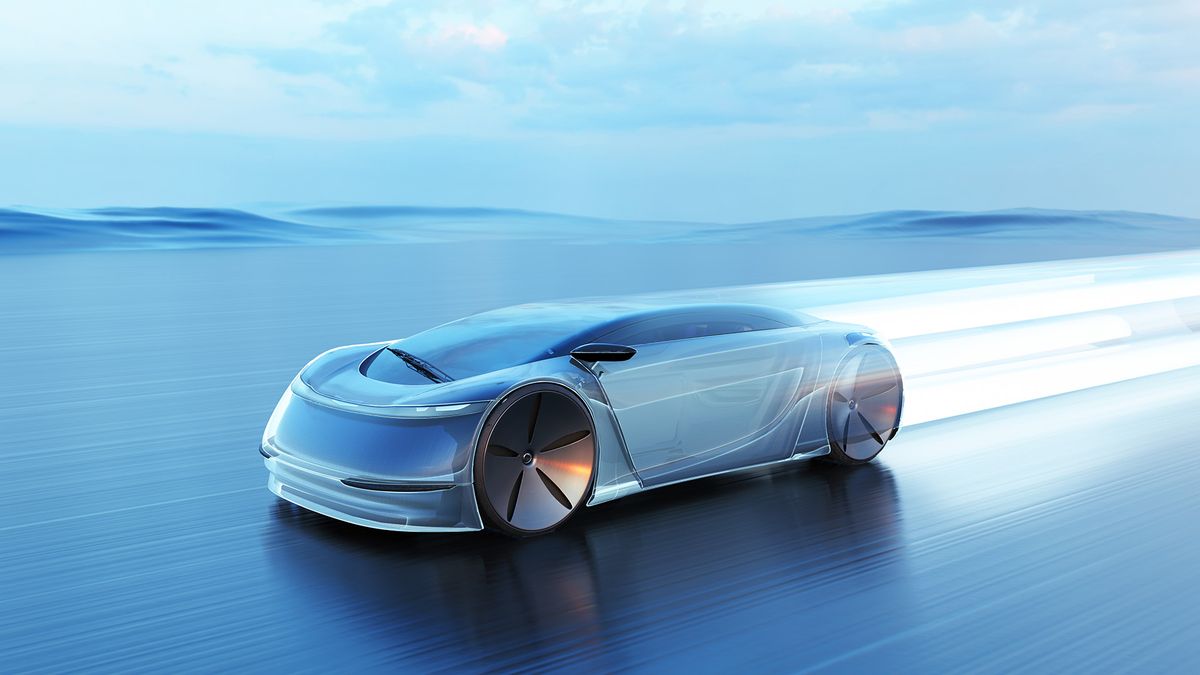
Credit: www.livescience.com
Frequently Asked Questions
Here are some FAQs about electric cars –
What Is The Best Electric Car Brand?
Tesla is widely regarded as the best electric car brand. With innovative technology, high performance, and extensive charging infrastructure, Tesla leads the market in electric vehicles. Its models, such as the Model S and Model 3, offer impressive range and cutting-edge features, making Tesla the top choice for electric car enthusiasts.
Who Is Number 1 In Electric Cars?
Tesla is the number 1 in electric cars. Known for innovation and performance, Tesla leads the market with its cutting-edge technology.
Why Is No One Buying Electric Cars?
The main reason why people are not buying electric cars is the high cost compared to traditional gas-powered cars. Additionally, the lack of charging infrastructure and limited range of the batteries are also major concerns. However, with more government incentives and technological advancements, electric cars are becoming more affordable and convenient for consumers.
How Long Do Electric Cars Last?
Electric cars can last for 10-20 years with proper maintenance. Battery life varies but can be replaced. Regular servicing ensures longevity.
Conclusion
Electric cars are paving the way for a sustainable future with their eco-friendly technology. Embracing this trend benefits the environment and reduces our carbon footprint. As technology advances, electric vehicles offer a promising solution for a cleaner, greener tomorrow. Make the switch and drive towards a brighter tomorrow.


